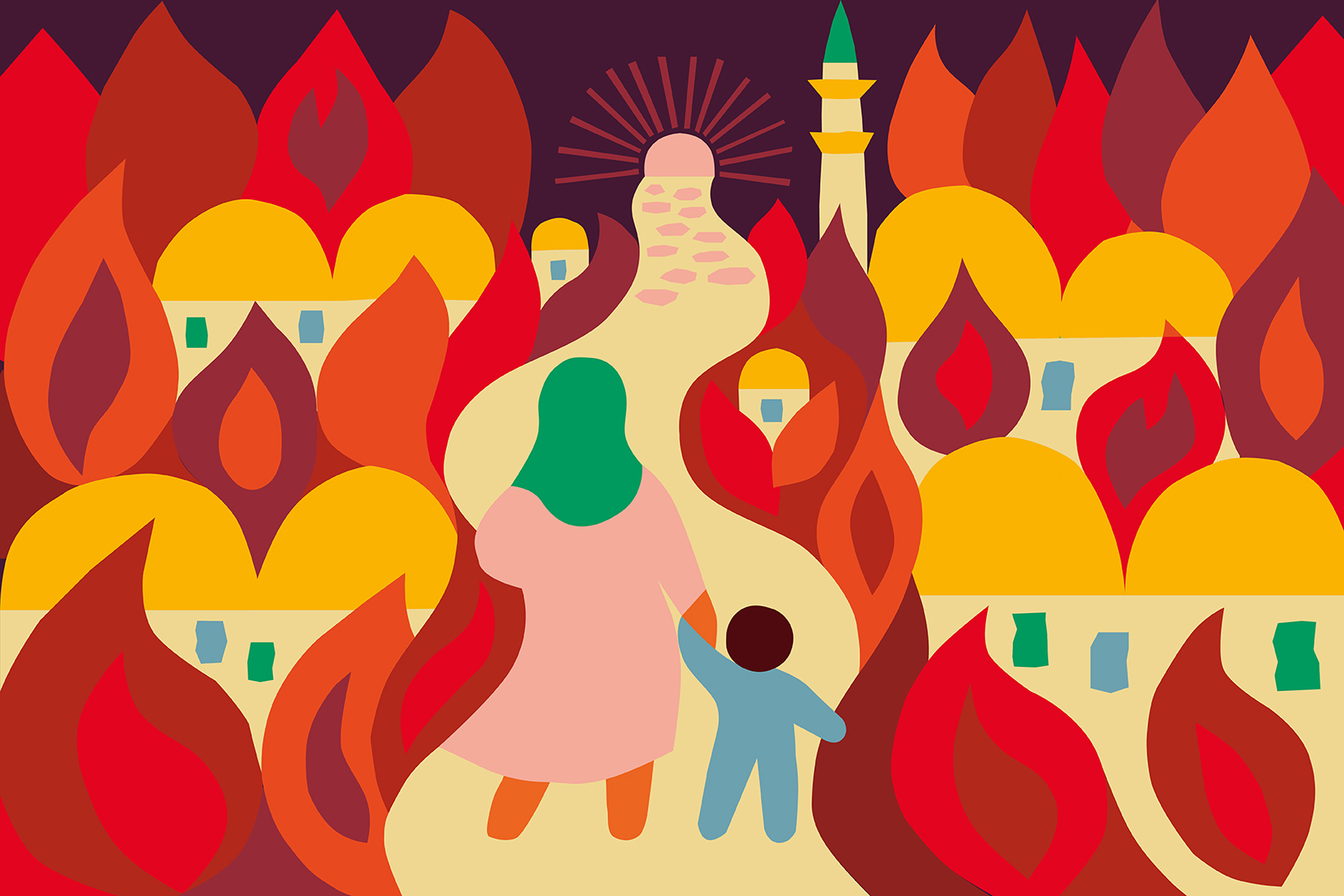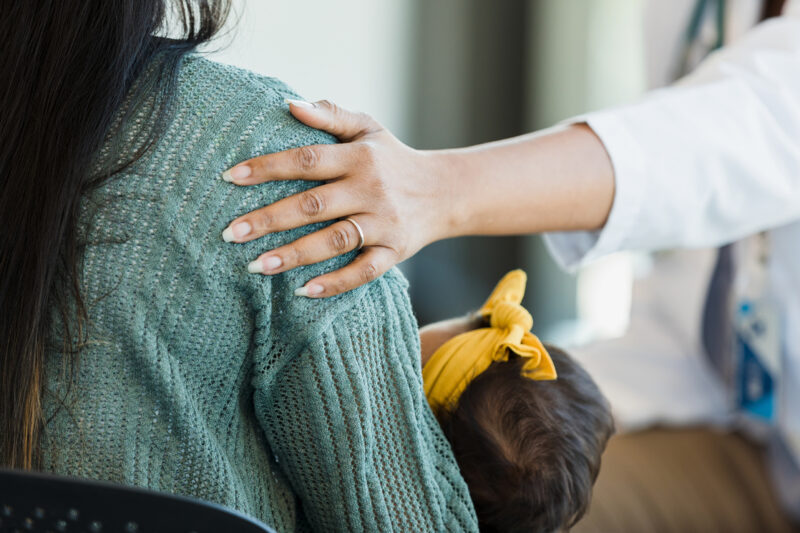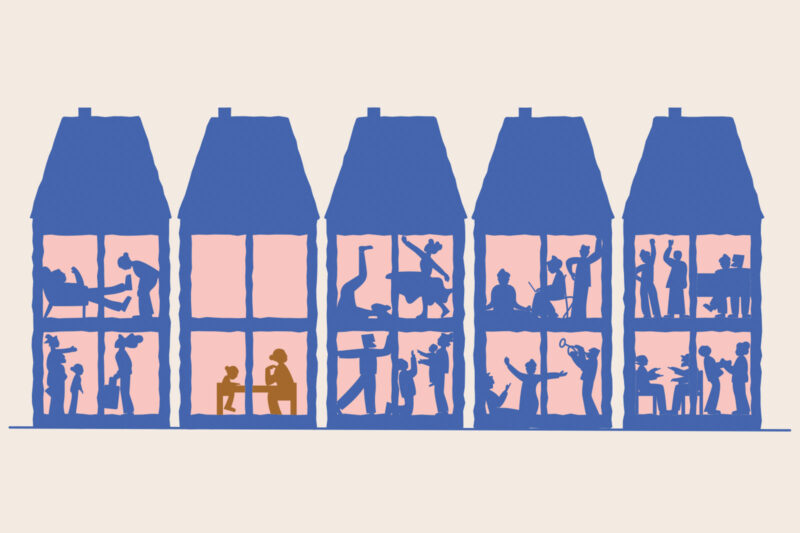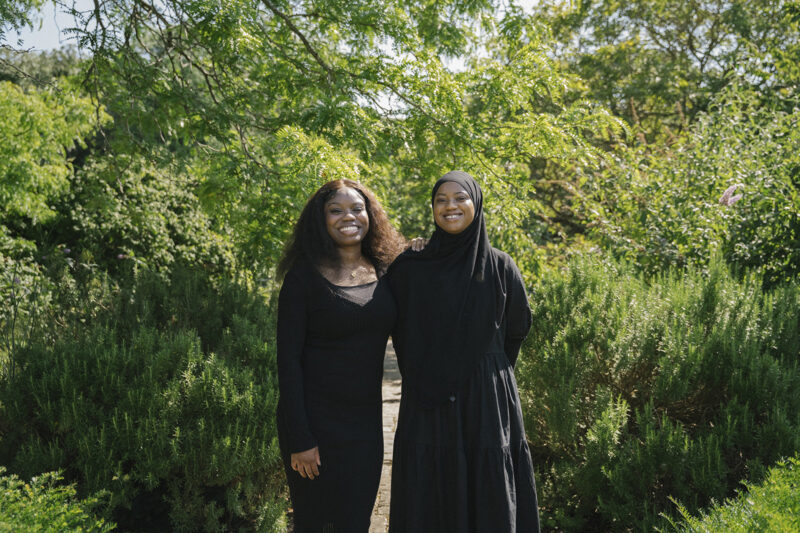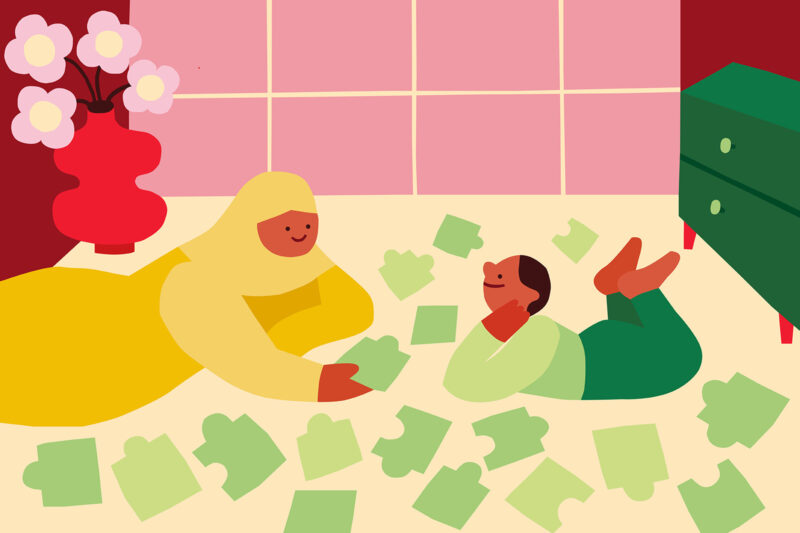For our children to thrive, Britain must change its anti-play culture
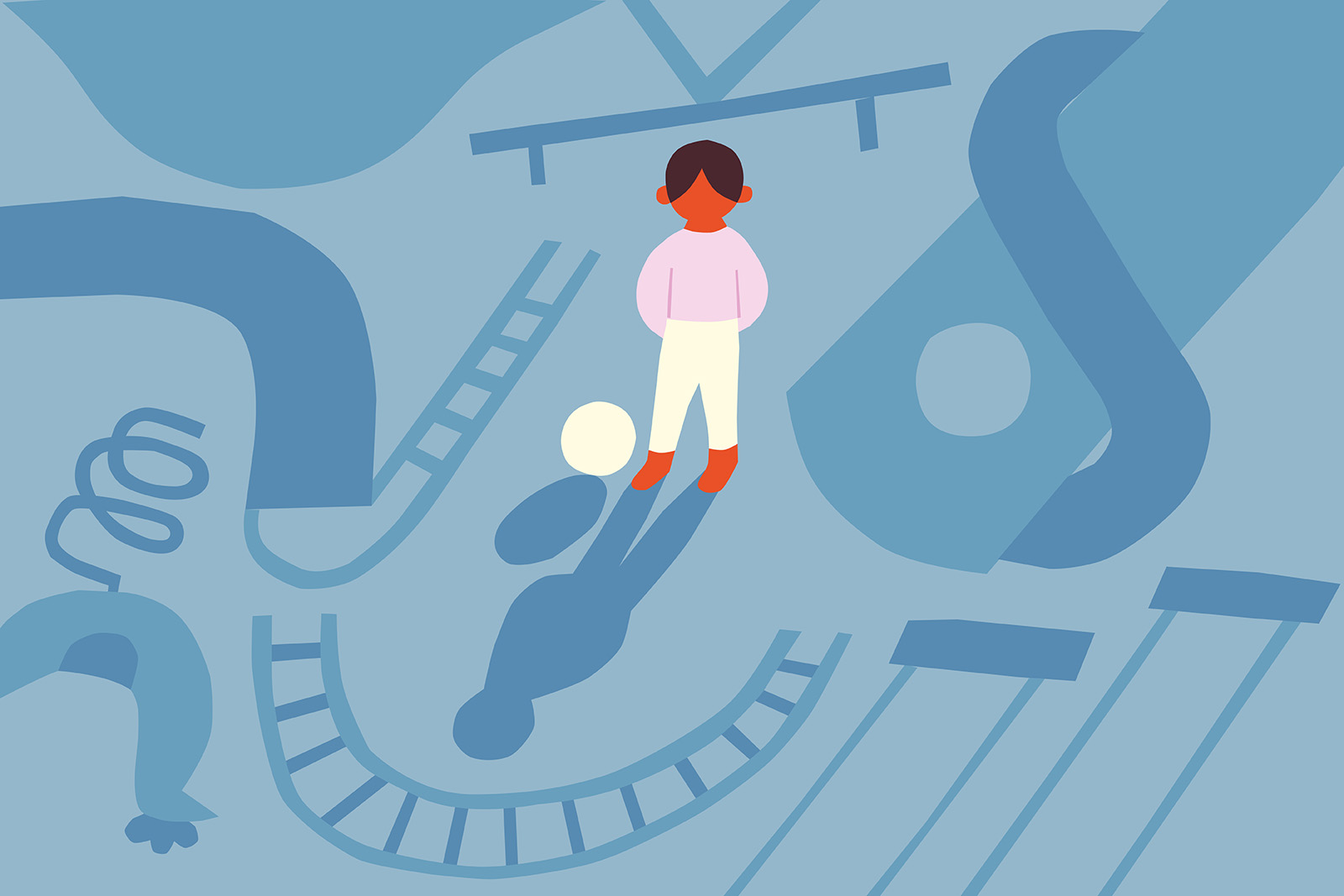
There aren’t enough playgrounds for children in the UK, even though access to play has a fundamental influence on their development
The view from my back garden on a summer’s day was once breathtaking: field upon field of luscious green farmland as far as the eye could see. Now, those precious green meadows are slowly being replaced by sprawling housing developments. The thing that strikes me most is the absence of playgrounds.
One of the challenges for me since moving from London to a west Yorkshire town has been the alarming lack of free play spaces for children. I grew up on a council estate and I’m now a mother, so I know just how crucial public playgrounds are to the wellbeing of both parents and children.
I spent the first decade of my life living in Millbank Estate in Pimlico, south-west London. With no garden of our own and “no ball games” signs on every corner of the courtyard, the only space we had for outdoor play was Causton Street playground, a five-minute walk away.
I remember long summers spent in the playground’s paddling pool and sandpit, making friends with local children. My mother had a much-needed break from the tight confines of our flat, chatting away with the other parents while I played. Access was free and all my mum had to do was pack sandwiches, crisps and juice cartons. We could spend the whole day there if we wanted to.
That playground still stands today, serving an ethnically diverse neighbourhood including a large Muslim Bengali community. It’s one of the few. Slashed council budgets have forced the closure of playgrounds, along with public leisure centres, youth clubs and libraries. As many as 430 playgrounds in England have been shut since 2012 and hundreds more are in disrepair. According to the Green Space Index, a third of children in the country live more than a 10-minute walk from the nearest playground.
Muslim children are particularly affected by playground closures and statistics highlight significant inequalities in access to public play spaces across the nation. The West Midlands, which has a large Muslim population, has the worst public play space provision, followed closely by London, where Muslims make up 15% of the population.
According to a 2025 Muslim Council of Britain report, 40% of Muslims still live in the most impoverished areas in the country and one in four live in overcrowded households. In such conditions, access to outdoor play areas is vital.
Playgrounds provide the space for children to talk and interact, develop social skills and increase their self-confidence, as well as improving physical and mental health for both children and parents.
I am fortunate to now live in a house with a back garden, but as a new mother who has experienced severe postnatal depression, I struggle with the lack of local public play spaces. My nearest playground, a 15-minute walk away, borders one of the UK’s most racially divided areas. Within the context of the rise of the far right in this country, I do not always feel comfortable taking my son there.
As both my husband and I work, we can afford to pay for trips to soft play centres and private sessions run by play practitioners. But this is not possible for everyone.
Play should be accessible for all and must be prioritised by local authorities and property developers. Planning committees in councils should not approve new housing developments that do not have a playground included in their design plans. Currently, the National Planning Policy Framework recommends building playgrounds as part of new developments but this is only advice, not a legal requirement.
Other councils could take inspiration from my own local council, Kirklees, which allocated £9.5m of funding to revamp its 350 playgrounds, including the one nearest to me. The effects are clear to see: run-down playgrounds that were sites of graffiti and antisocial behaviour have been refurbished and are once again filled with the sound of children’s laughter. Local parents say they now feel encouraged to take their children out to play, and that the mental and physical health benefits are already showing.
As a society, I hope we can move away from the idea that children are “noisy” or a “nuisance” to them actually having the right to play. This freedom has a fundamental impact on childhood development. Through exploration, imagination and cooperation in play areas, it’s believed children develop the foundations for empathy and tolerance — values that are more essential than ever.
 Newsletter
Newsletter


